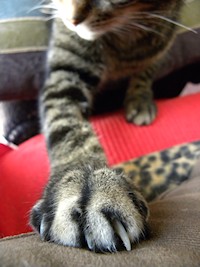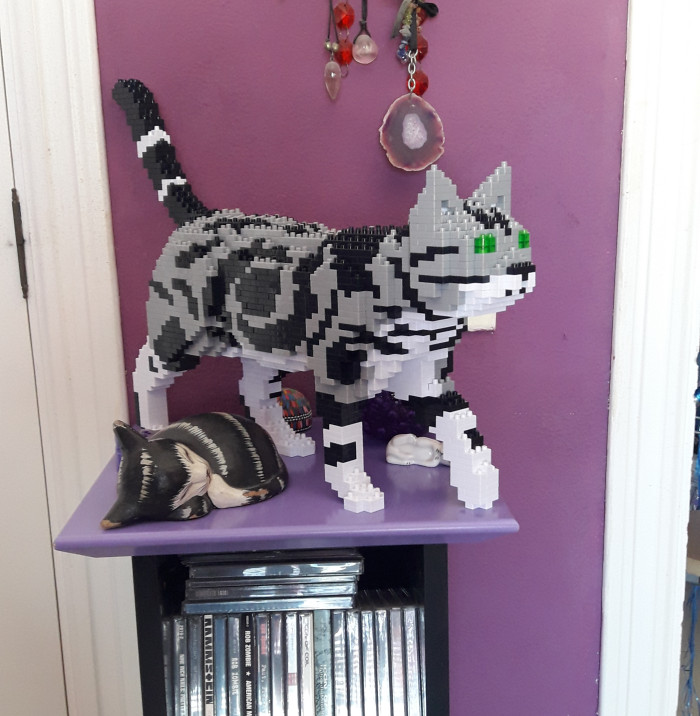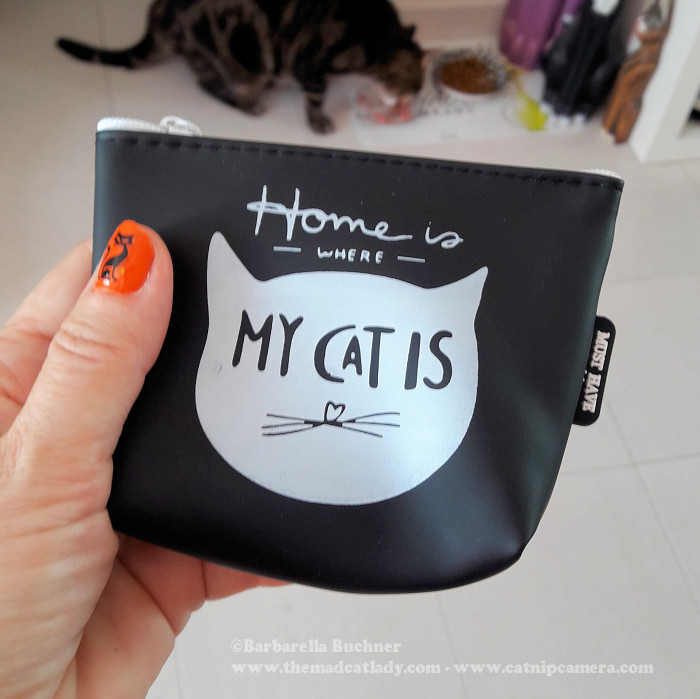Understanding Cat Behaviour
It’s tempting to think that all cats share the same traits, and of course it’s easy to recognise that purring signifies contentment and that when a cat pricks up its ears it is concentrating or listening. However, some cats act in such a way as to cause puzzlement or distress in their owners, and this is especially true when problem behaviour means the litter box is being avoided or the cat is engaging in painful scratching or biting. Understanding these behaviours can be the key to solving them, or rather resolving the issues that are causing them in the first place.
Problem Cat Behaviours
When cats are seeking attention they often meow excessively, agitating their owners who don’t know what’s wrong with them. It’s worth remembering that there are both emotional and physical reasons for this; cats may be feeling lonely at night, for example, which can become more common as they age due to deafness or senility.
Aggression and hostile behavior towards other people can be worrying if biting and scratching results. Sometimes this is as a result of inadequate training when a kitten, such as allowing biting of human hands when teeth are tiny and not so sharp. As might be expected, this is not a smart move as cats are actually learning that it’s ok to bite and scratch human beings.
Destructive chewing, especially of dangerous items such as electrical cables, is a habit that really has to be stemmed as soon as possible. Like human babies, kittens teethe and they can develop the custom of chewing at this time. Later in life cats may turn to chewing because they are bored or overly curious, although a nutrient deficiency can also be the cause.
Cats are very clean creatures, so when they won’t use the litter box they become something of a nightmare for their owners. It pays to first of all check that there is no urinary tract infection or other physical cause before investigating alternatives, and remembering that cats won’t use dirty litter boxes.
Stress and anxiety can manifest itself in many ways, including via shyness and fear. Yes, cats can suffer stress just like humans, and symptoms include some of the problems already mentioned. Everything from introducing a new member of the family to relocating, or a particularly loud 4th of July or New Year’s Eve celebration can cause cat anxiety.
Catnip
An herb belonging to the mint family, catnip is composed of a variety of aromatic oils and contains a mild hallucinogenic, known as nepetalactone. Cats are naturally attracted to it and it can instigate behavioural change; they will often react by licking, sniffing and eating the plant. Generally their sheer enjoyment is plain, and for this reason it is used in a number of cat treats and toys; in some cases cats react with aggression and if so, treats or toys containing catnip should be avoided.
Treats for Cats
The wise cat owner uses treats with care to change their cats’ behaviour for the better. Rewarding good behaviour with treats means reinforcing the positive changes cat owners would like to see and maintain in their pets. Catnip for cats can give such a pleasurable experience as it offers a very powerful incentive for cats to repeat good behaviour. Owners can view product information here.







